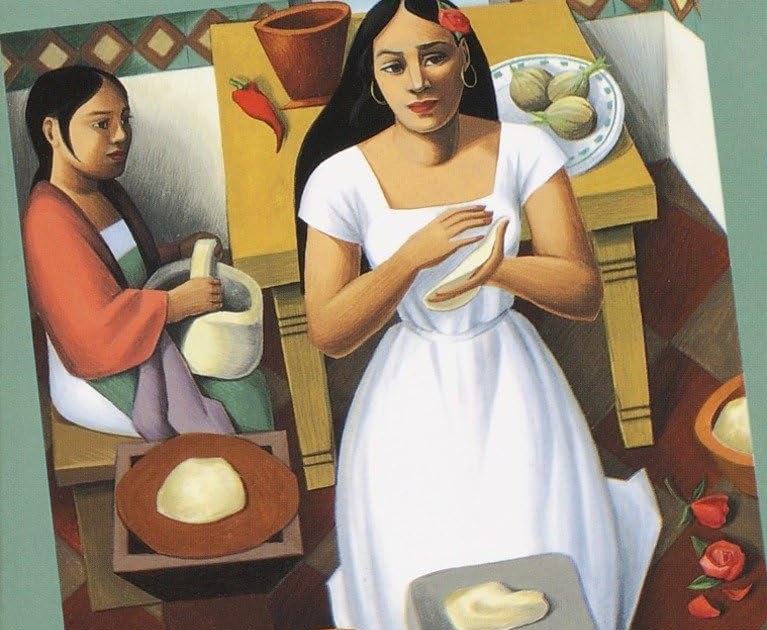
Original Language: Español
Year of publication: 1989
Valoración: Recommended
Following the new adaptation of Netflix, I dared to reread this book from which I kept very good memories. I had read it twice, the last one just a few years ago. I am not sure that it is worth rereading it; I do not consider that a rereading contributes something new at the intellectual level, but it does have a nostalgic component for those who live far from Mexico and maintain a connection with our home through the food of our mothers and grandmothers.
The plot is simple, typical of a Mexican soap opera of the era: Tita is the youngest daughter of a family of pure women (as a good Mexican, the father left the home, or died, is not important). The mother, strict in the fulfillment of the Church’s commandments and good customs, prevents Tita from marrying, allocating her to attend the house and, above all, to the mother herself. However, this is not an impediment to love. Tita’s boyfriend, seeing that he cannot marry her, decides to marry the older sister under the pretext of staying close to Tita (very cunning), which causes a family drama full of grudges, envy and jealousy. I will not reveal the outcome of the story, but it is quite predictable.
The really important thing about the book is the role that food plays. At the beginning of each chapter, the recipe for a dish or dessert is presented, whose preparation or tasting triggers the different episodes of Tita’s life. When she prepares the cake for her older sister’s wedding with her own lover, she cannot contain the tears of heartbreak, which fall unadverted on the dough. By eating the cake, the guests are invaded by a deep melancholy that leads them to cry without comfort. Another memorable episode is that of quail in pink petal sauce, which exerts an aphrodisiac effect on those who try it, to the point that Tita’s sister cannot contain her desire, she strips her clothes and flees with a revolutionary soldier in a ravine of passion. As they will realize, this novel is full of fantastic elements that contrast interestingly with the simplicity of field life (although comparisons with a hundred years of loneliness are inevitable).
As chocolate water It retains for me its charm and its ability to evoke nostalgia through kitchen and family traditions. The movie is fine, dry. Although the quail scene is perfect. I have not seen the new Netflix series yet, although it does not have very good reviews. In addition, I love the book title, that one is ‘like water for chocolate’ means that the blood boils, either by anger or, in this case, due to passion.
By the way, when someone in Japan asks me to recommend a Mexican novel, I always recommend it (it is translated into Japanese as ‘The legend of rose sauce’). It is easy to read, it has the exotic touch that can be of a foreigner, and has a happy ending.
Source: https://unlibroaldia.blogspot.com/2025/04/laura-esquivel-como-agua-para-chocolate.html


